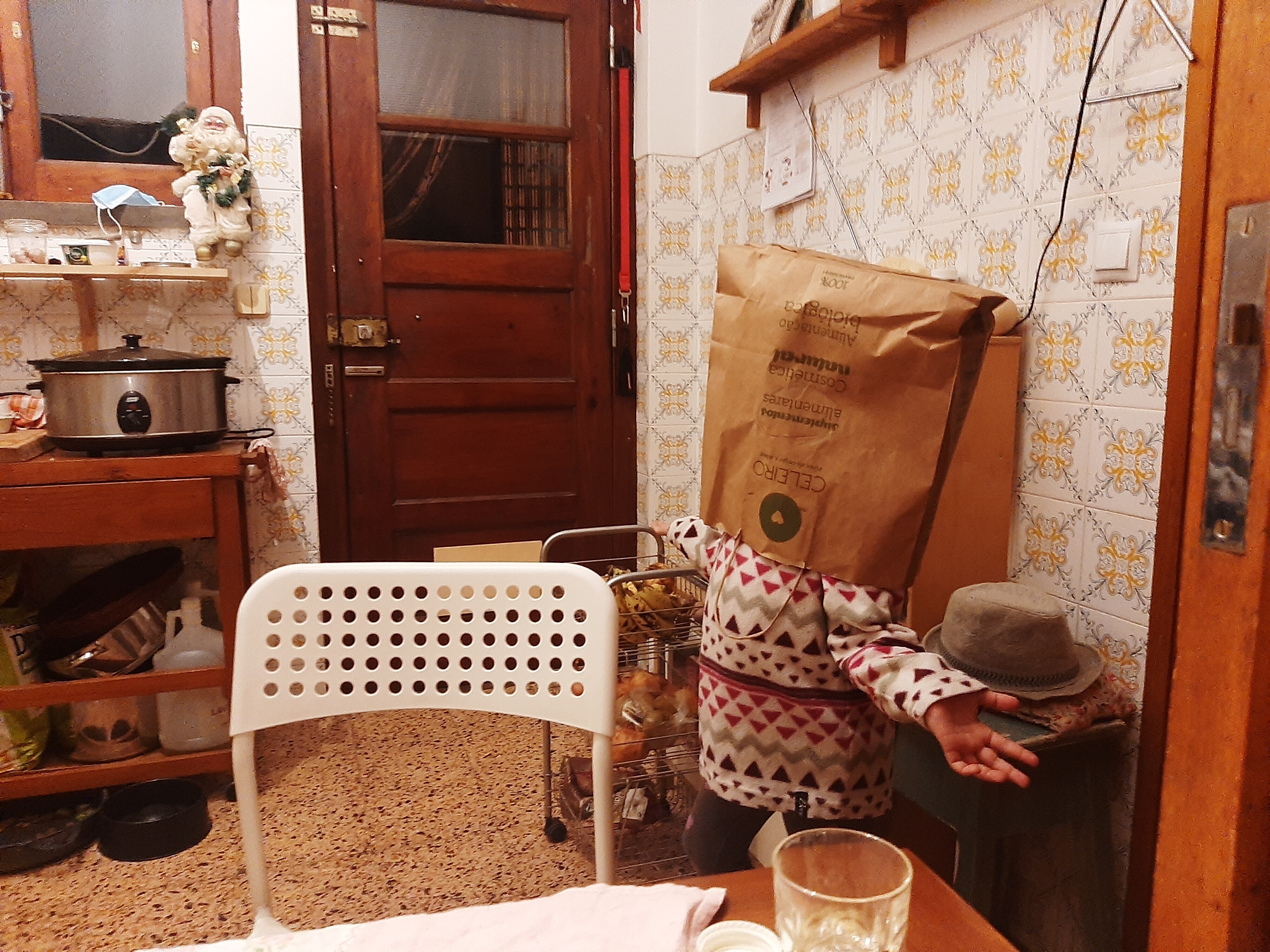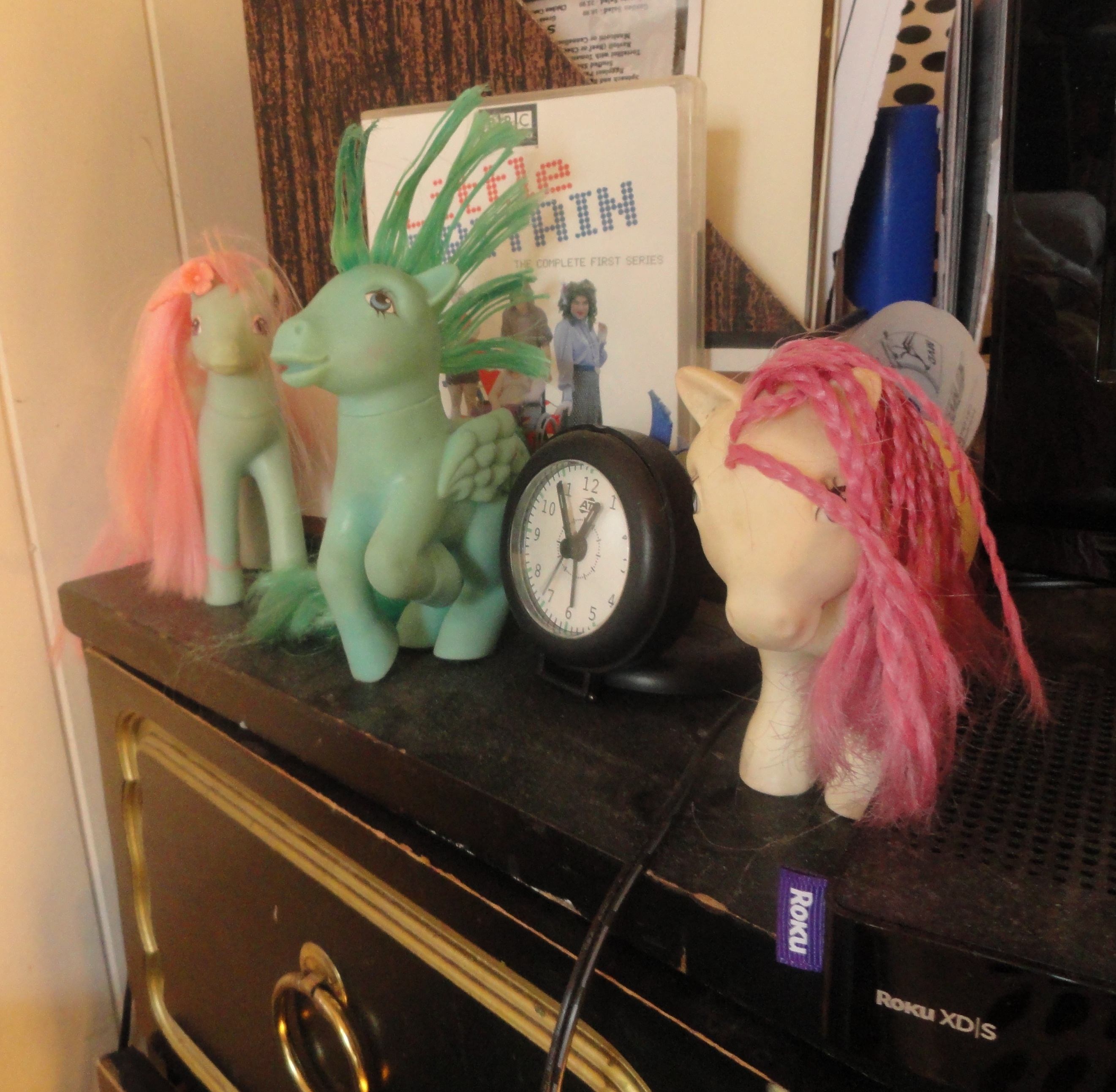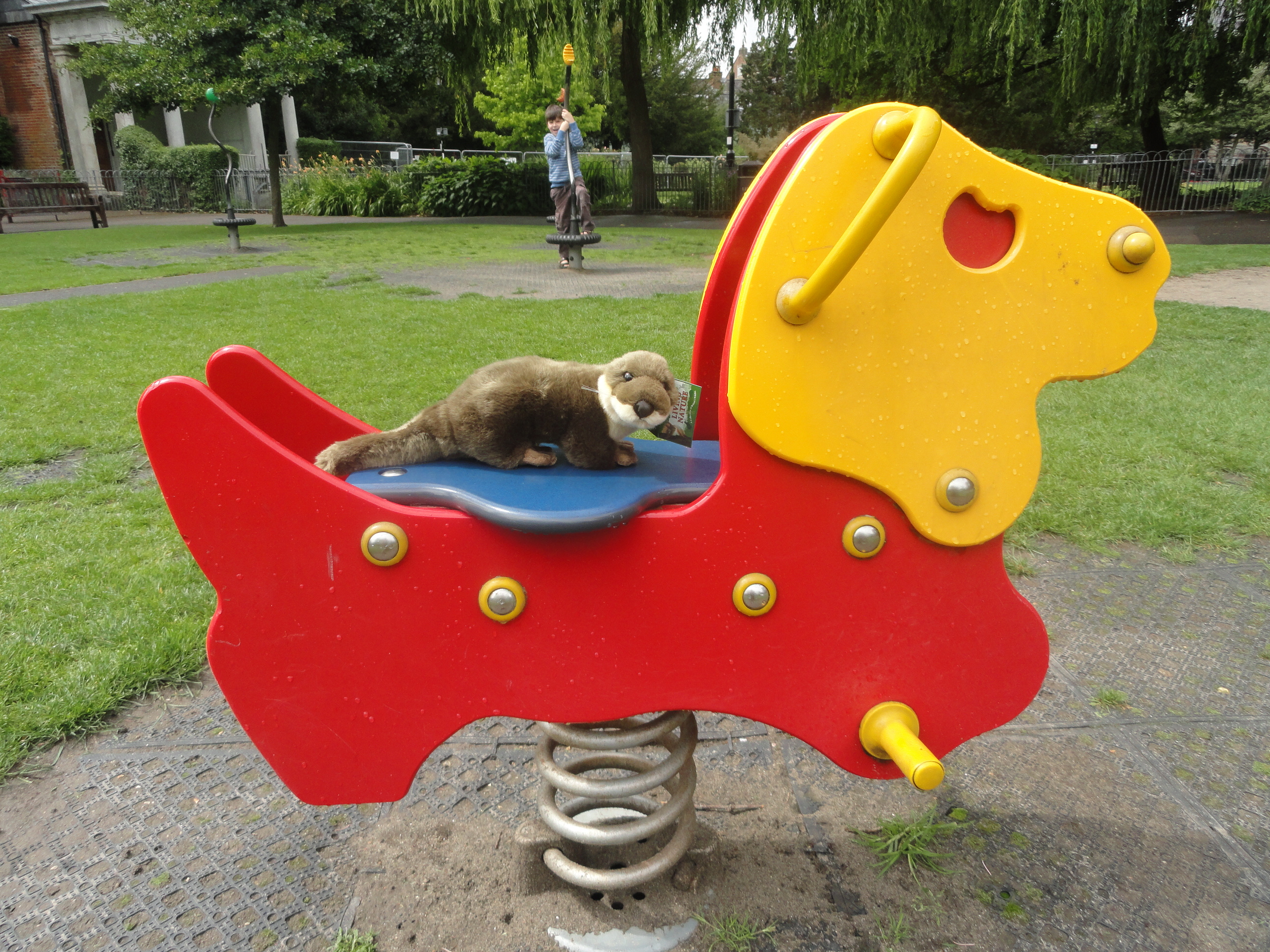
Terminology reflects thought and belief.
Sometimes just a slight shift in terminology will release the mental block that keeps people from understanding unschooling.
photo by Sandra Dodd
__











Sandra Dodd, response in 2000 to: Can anyone explain to me "unschooling"?
It's like "just say no."
Just say no to school years and school schedules and school expectations, school habits and fears and terminology. Just say no to separating the world into important and unimportant things, into separating knowledge into math, science, history and language arts, with music, art and "PE" set in their less important little places.
Most of unschooling has to happen inside the parents. They need to spend some time sorting out what is real from what is construct, and what occurs in nature from what only occurs in school (and then in the minds of those who were told school was real life, school was a kid's fulltime job, school was more important than anything, school would keep them from being ignorant, school would make them happy and rich and right).
It's what happens after all that school stuff is banished from your life.









It's like "just say no."
Just say no to school years and school schedules and school expectations, school habits and fears and terminology. Just say no to separating the world into important and unimportant things, into separating knowledge into math, science, history and language arts, with music, art and "PE" set in their less important little places.
Most of unschooling has to happen inside the parents. They need to spend some time sorting out what is real from what is construct, and what occurs in nature from what only occurs in school (and then in the minds of those who were told school was real life, school was a kid's fulltime job, school was more important than anything, school would keep them from being ignorant, school would make them happy and rich and right).
It's what happens after all that school stuff is banished from your life.





Unschooling seemed to have given them HUGE advantages in college. They were, frankly, shocked at the poor preparation and attitudes of most other students. Other students seemed to them to be "going through the motions," but were not really interested in learning.
It is hard to explain, but all three of my kids and all of their unschooled friends who have gone to college have repeatedly tried to articulate that there seemed to be "something wrong" with so many of the other students and that they seemed actually resistant to learning. The unschooled kids were there because they wanted to be there, first of all. They knew they had a choice and that makes a big difference. A sense of coercion leads to either outright rebellion, passive resistance, or apathy and my kids saw all of those playing out among the majority of their fellow students.